In today’s fast-paced world, effective communication is vital. Whether you’re working in a bustling warehouse, managing a construction site, or leading an emergency response team, clear and reliable communication can make or break your operation. While cell phones are often the go-to communication tool, two-way radios are often a far superior choice in many professional environments. Here’s why two-way radios are better than cell phones for communication in critical situations.
1. Instant Communication with No Waiting
Two-way radios offer immediate, push-to-talk communication, making them much faster than cell phones. With a two-way radio, you don’t need to dial a number, wait for a signal, or deal with the distractions of a call. Simply press the button, and you’re instantly connected to your team. This rapid, one-touch communication is invaluable in environments where time is of the essence.
In contrast, cell phones often come with delays, whether it’s waiting for the phone to ring or dealing with poor reception. The instant nature of two-way radios ensures that crucial messages are delivered without any waiting.
2. Better Coverage in Challenging Environments
Two-way radios are specifically designed for use in tough conditions, where cell phones might fail to provide reliable service. On large construction sites, in remote wilderness areas, or in underground locations like tunnels and mines, cell phone networks can be spotty or non-existent.
Two-way radios, however, are built to work in these environments. With the right frequency and coverage range, two-way radios provide consistent communication even in areas where cell phones struggle. Additionally, specialized radios like TETRA or DMR systems offer long-range and robust coverage, often surpassing the capabilities of cell phones in these challenging scenarios.
3. Durability and Reliability
In industries like construction, warehousing, and emergency response, equipment durability is essential. Two-way radios are designed to withstand harsh conditions, including drops, dust, rain, and extreme temperatures. Many models are built to meet IP ratings for water and dust resistance, ensuring that they continue to work even in less-than-ideal conditions.
On the other hand, cell phones, despite being more advanced, are not built to withstand the same level of abuse. A dropped phone can result in a cracked screen, while exposure to dust, dirt, or water can render it useless. When it comes to reliable, rugged communication, two-way radios come out on top.
4. Longer Battery Life
For users working long shifts or in remote areas, battery life can be a crucial factor. Two-way radios are known for their impressive battery life, with many models lasting up to 18 hours on a single charge, depending on the usage. This is ideal for industries like security, construction, and logistics, where workers may need to be in constant contact for extended periods.
Cell phones, on the other hand, tend to run out of battery quickly when used for frequent communication or when operating in areas with poor reception. Frequent charging or carrying spare batteries is often necessary, which can be inconvenient in fast-paced environments.
5. No Need for Signal or Cellular Network
One of the most significant advantages of two-way radios over cell phones is that they don’t rely on cellular networks or Wi-Fi connections. In areas where cellular infrastructure is unreliable or unavailable, two-way radios still provide a reliable means of communication.
This is especially important in emergencies, where traditional cell phone networks might be overloaded, or during natural disasters that take down cellular towers. With two-way radios, users are not dependent on external networks, ensuring that they can maintain communication even when cell phones can’t.
6. Improved Privacy and Security
Security is a top concern for many industries, from security companies to emergency response teams. Two-way radios provide a more secure form of communication compared to cell phones. Many radios feature encryption, preventing unauthorized interception of communications, and allowing sensitive information to be transmitted securely.
Cell phones, by contrast, rely on cellular networks and can be susceptible to hacking, tracking, or data breaches. While mobile apps can encrypt communication, two-way radios offer built-in security without needing additional measures or apps.
7. Team Communication and Coordination
Two-way radios are designed with group communication in mind. They allow users to communicate with multiple people at once, without having to make separate calls. With a push-to-talk feature, radios enable instant team coordination, making it easier to relay updates, request backup, or share critical information in real-time.
Cell phones, while great for one-on-one conversations, don’t offer the same efficiency for team communication. Conference calls can be cumbersome, and sending group messages can result in lost or delayed communication. Two-way radios streamline communication, making them an essential tool for teams that need to stay connected and coordinated at all times.
8. Cost-Effectiveness
When you factor in the cost of monthly service plans and data usage fees, two-way radios are often a more cost-effective solution for businesses than cell phones. Many companies provide radio plans that include unlimited communication across the entire organization, without additional charges for minutes or data usage.
Cell phones, by comparison, come with recurring costs for calls, messages, and data usage. In environments where constant communication is necessary, using two-way radios can save businesses significant amounts of money over time.
Conclusion
While cell phones have their place in everyday communication, two-way radios offer a host of advantages for businesses, teams, and industries that rely on constant, reliable, and secure communication. From their instant communication capabilities to their superior durability and longer battery life, two-way radios are the go-to solution for many professional environments.
If you’re looking for a more efficient, reliable, and cost-effective communication tool for your team, two-way radios are the way to go. Whether you're working in construction, logistics, security, or emergency response, investing in two-way radios will improve coordination, increase productivity, and enhance safety.
Would you like to learn more about how two-way radios can benefit your organization? Contact us today to explore the best solutions for your needs!


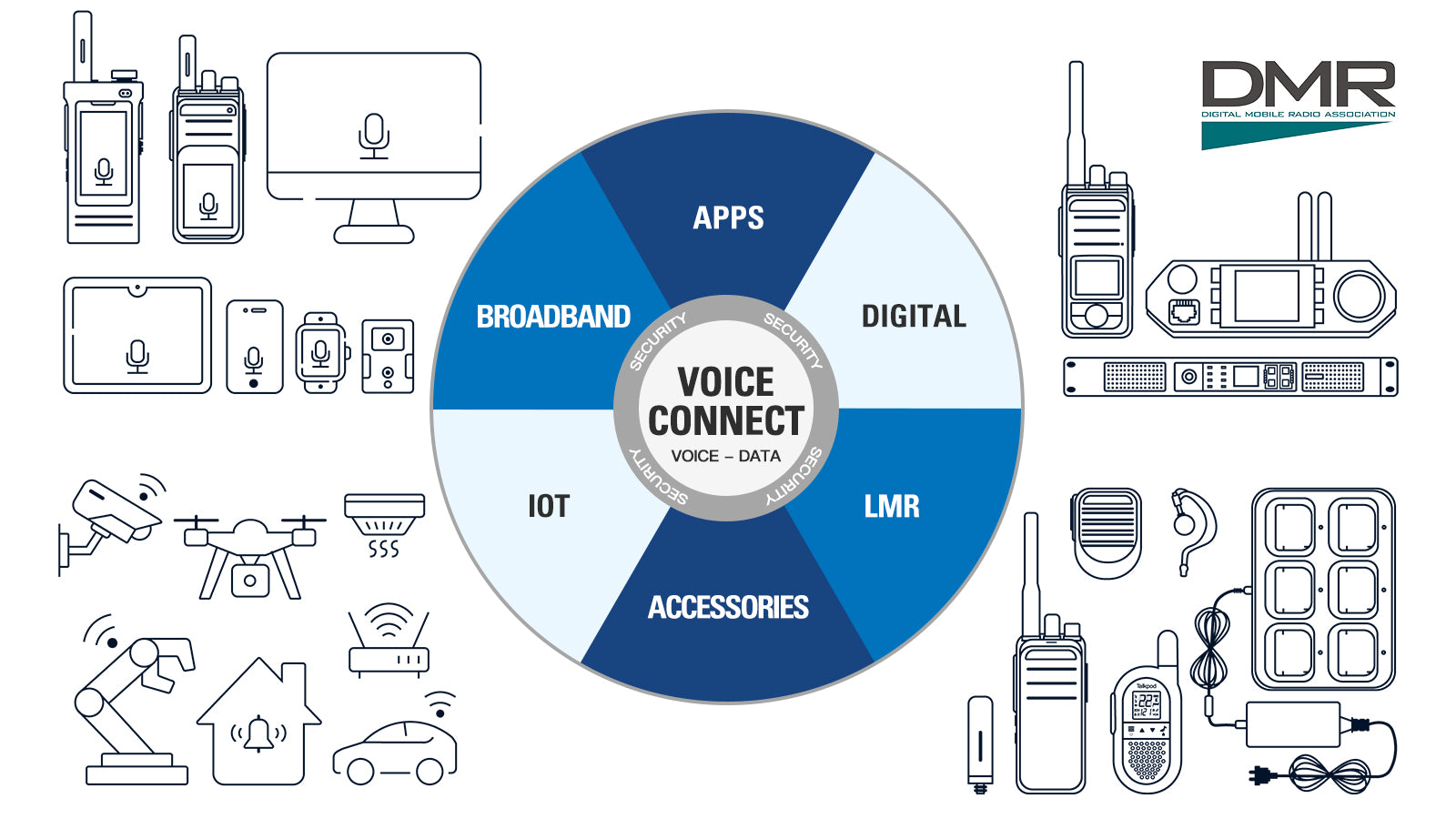
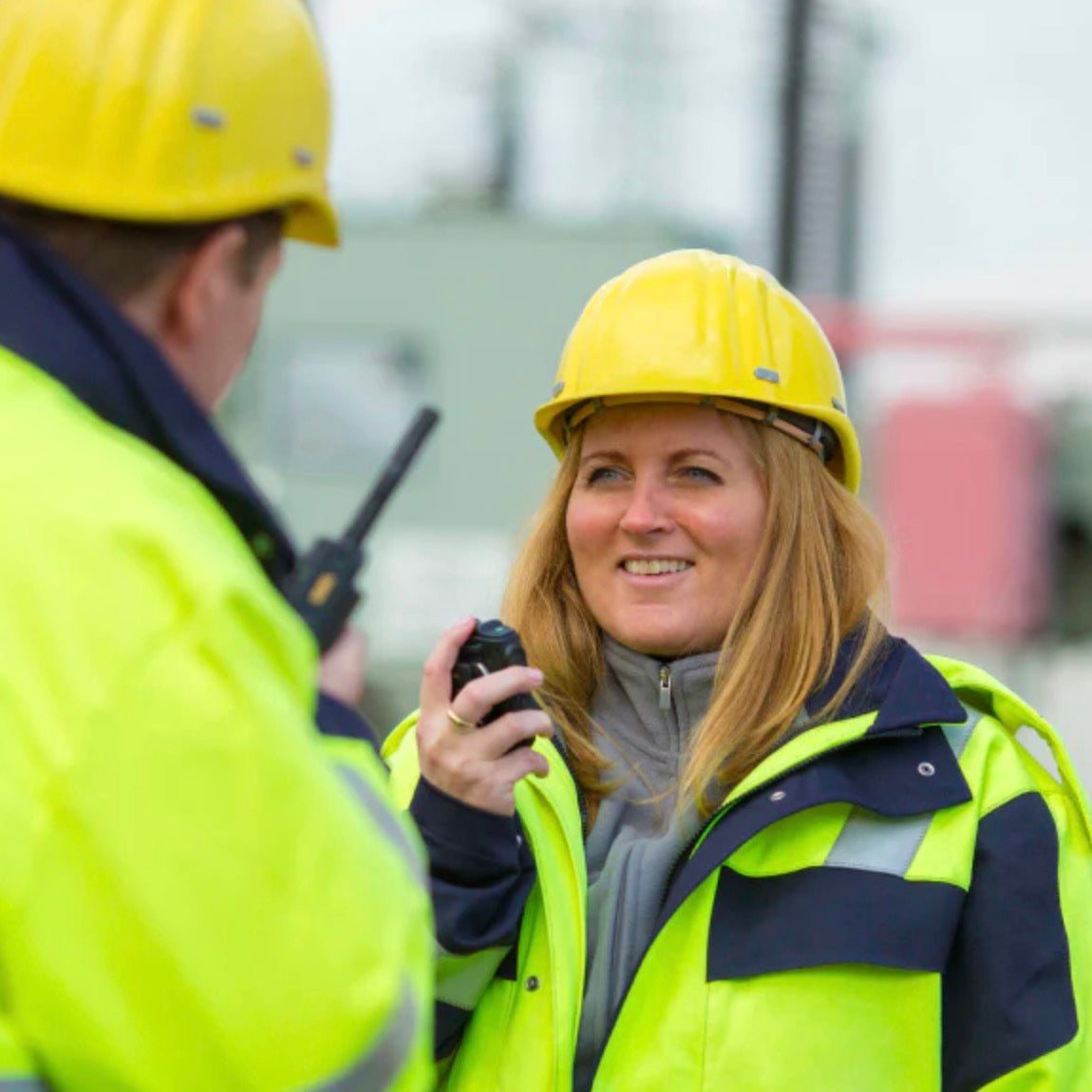

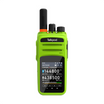
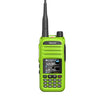
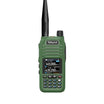
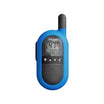


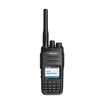
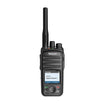
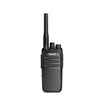
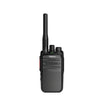
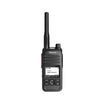
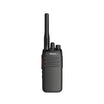
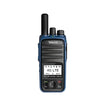
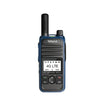
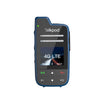
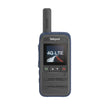
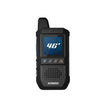
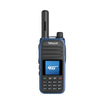
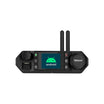
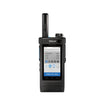
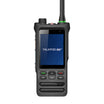


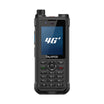
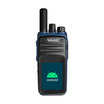
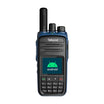
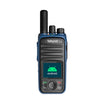
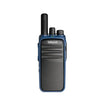
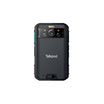
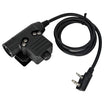
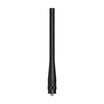
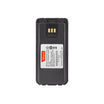
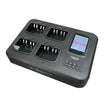
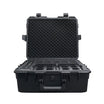

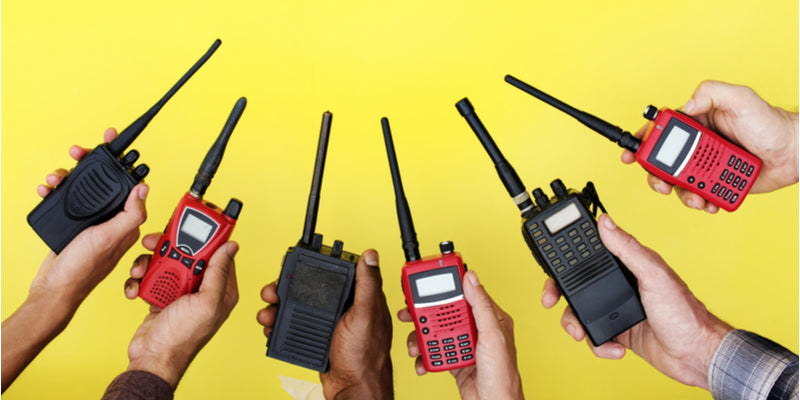


Leave a comment
All comments are moderated before being published.
This site is protected by hCaptcha and the hCaptcha Privacy Policy and Terms of Service apply.